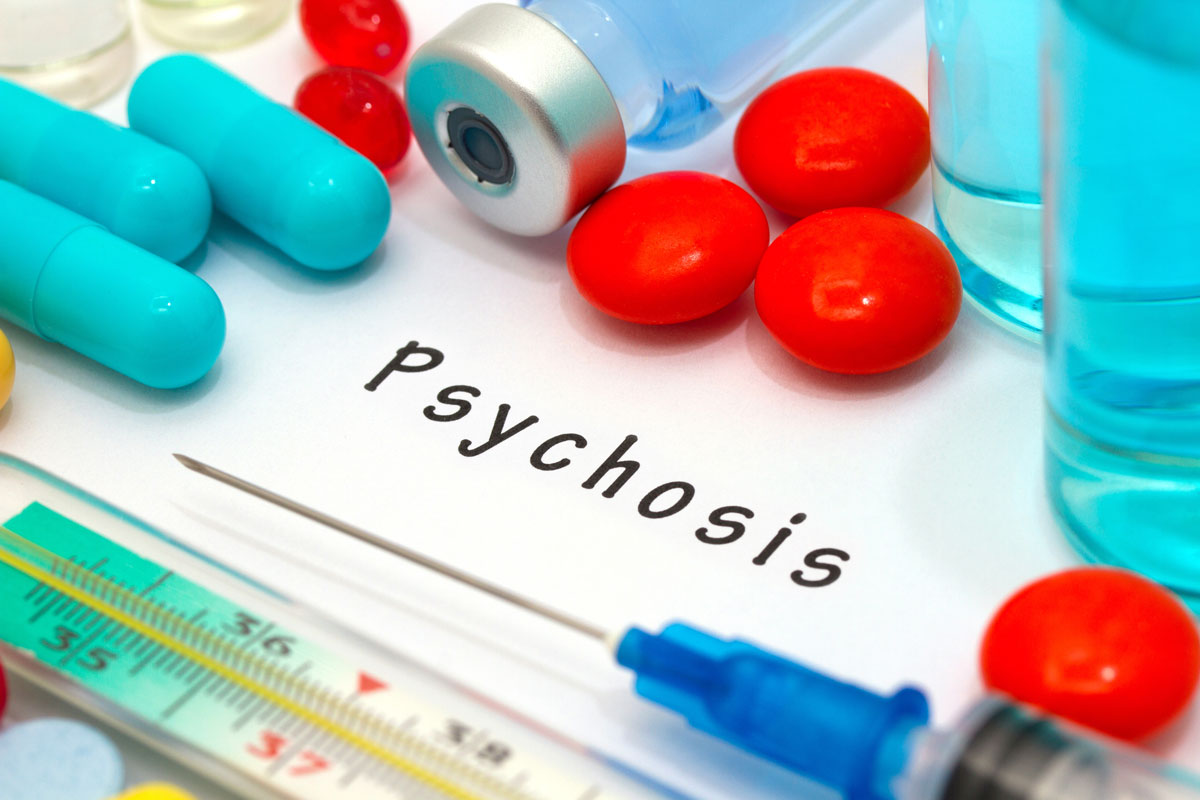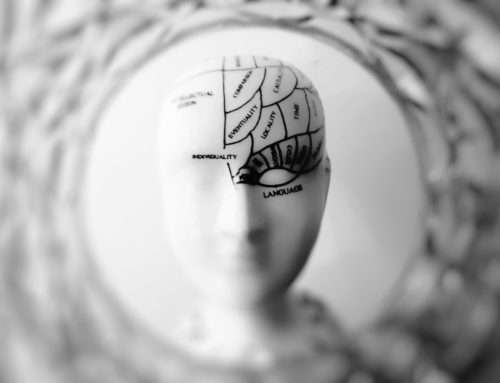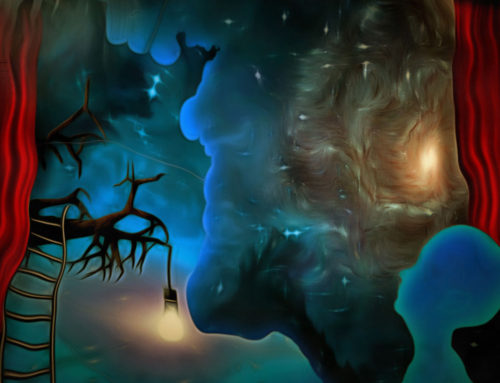Today we will be looking at psychosis, which is often regarded as a symptom of bipolar disorder or schizophrenia. We will be exploring the signs of psychosis, the populations that are most at risk, and the available treatments for individuals suffering from this condition.
An individual is diagnosed with psychosis when they experience disruptions with reality, perceiving things that others do not. These perceptions can take a variety of forms, including auditory hallucinations, visual hallucinations, and delusional beliefs. Because psychosis is so commonly associated with schizophrenia, they share many of the same positive and negative symptoms, such as disorganized thinking, disorganized speech, repetitive or pointless motor behavior, and reduced emotional responses.
It is important to remember that not every instance of psychosis looks exactly the same. Just because you are not experiencing every symptom listed above does not mean you are immune to the effects of this condition. Many individuals take too long to recognize the early stages, because the more severe symptoms have yet to surface. However, the symptoms of psychosis can worsen very quickly, making it more and more difficult to seek effective treatment.
This problem is especially important for individuals between the ages of 16 and 25, which is considered the most at-risk group for the development of psychosis. Individuals in this age group are experiencing a number of physical and psychological changes associated with puberty, which makes it challenging to correctly distinguish natural changes from the early signs of psychosis. If you or a loved one falls into this age range, pay attention to any reclusive or disorganized tendencies, especially if they have experienced childhood trauma. Studies have shown that trauma increases the risk of developing psychosis. Ideally, individuals in these early stages should seek treatment within two years to prevent the condition from worsening.
There are a number of effective treatments available for individuals struggling with psychosis, particularly for those that catch the condition early on. In combination with a spectrum of medications, individuals with psychosis can take advantage of acceptance and commitment therapy (ACT), which helps people adopt a more positive perspective toward their personal challenges. Often times, health care professionals prefer to design unique treatment plans for individuals with psychosis; however, no matter what treatment plan you use, it is crucial to establish a strong support system of friends and family.
If you or a loved one is struggling with any stage of psychosis, do not hesitate to seek help from your local Spokane, WA health care professional. Reach out to Damaris through her contact page or calling 509-342-6592.



